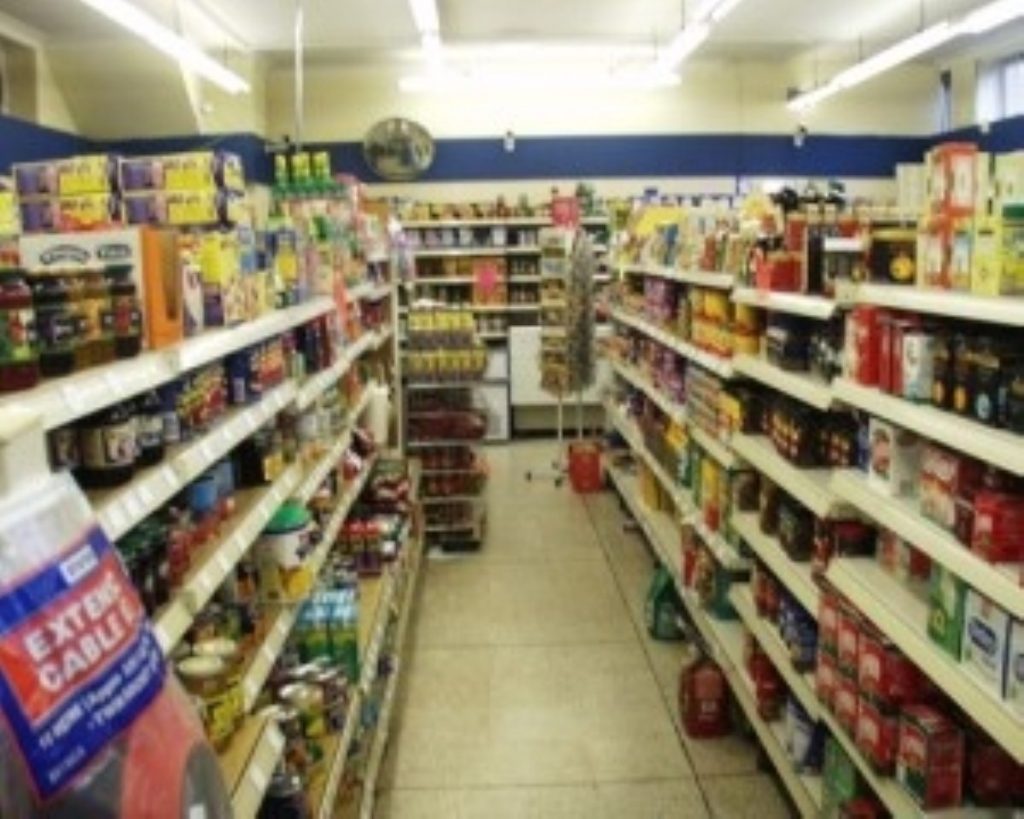Supermarkets failing poor on healthy eating
All of Britain’s supermarkets could be doing more to encourage healthy eating – but those known for low prices are doing the least.
The finding comes in a new report from the National Consumer Council (NCC) which rated the top nine supermarket firms in the UK based on their approach to healthy eating.
Waitrose, Sainsbury’s and the Co-op were found to be the best at conveying the healthy eating message and helping consumers to eat healthily and more easily.
Morrisons came bottom in the list, scoring just two out of ten, followed by Somerfield, Asda and Tesco.


Among the issues used for ratings were labelling, in-store healthy eating promotions, food on sale and customer advice.
“We’ve looked at all the major supermarkets and how they promote the food they sell and although we found some positives, none shone and not a single one did well across all our health indicators,” NCC chair Deirdre Hutton said
Overall, upmarket Waitrose was found to be the healthiest supermarket chain, while most of those retailers known for their low prices did badly in the study.
“It is worrying that those with a high proportion of lower-income shoppers appear to enforce the health inequalities between rich and poor,” added Ms Hutton.
The Government’s recent white paper on public health recommended that retailers cut the levels of salt, sugar and fat in processed foods and improve labelling to ensure consumers know what they are eating.
Responding to the survey, the British Retail Consortium said supermarkets have already made “huge efforts” to help promote healthy and balanced diets.
Asda’s trading director Angela Spindler added: “Since [the study] was researched in June, our entire lowest-price own label product range has been reformulated.
“There’s now 180 tonnes less fat, 188 tonnes less salt and 133 tonnes less sugar in them than there was three months ago.”
The chair of the Health Development Agency, Dame Yve Buckland, said that the poor performance of the cheaper chains was particularly worrying.
She said: “This NCC report names and shames some of the top supermarkets chains on their records of encouraging healthier eating.
“One main concern is the finding that the supermarkets with the poorest ratings are those with the larger proportion of low income shoppers. This means that the very shoppers who would benefit most from access to healthier foods and information on healthy eating are the least likely to get it from their usual supermarket. This is a clear example of health inequality, where people who are disadvantaged experience poorer health.”

